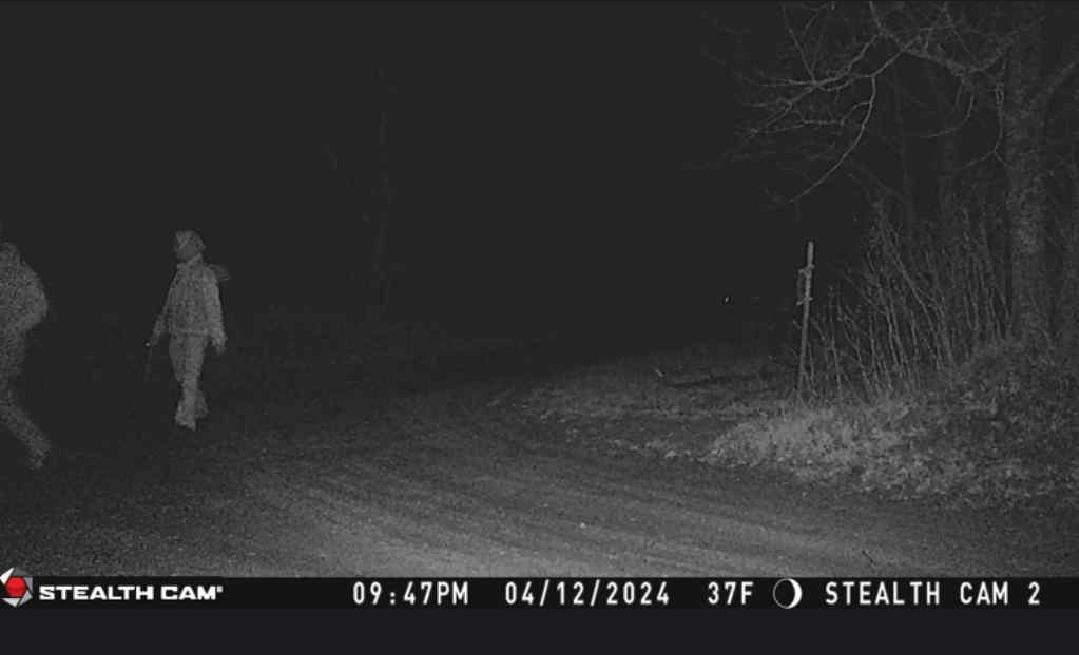Highly Pathogenic Avian Influenza has been found in a Hooded Merganser in Antrim County and a Hooded Owl in Otsego County, according to the Health Department of Northwest Michigan.
The new cases come after HPAI was found in in Muskegon County Wednesday.
“It is important that individuals working closely with and handling birds, whether infected or healthy, be cautious and maintain an awareness of the situation that has been evolving around the state,” said Dr. Meyerson, medical director for the Health Department of Northwest Michigan. “Avian flu can spread when infected birds are not properly handled, and poultry owners or caretakers have not followed the necessary protocols.”
Other cases of HPAI were found in non-commercial flocks in Kalamazoo, Livingston, Macomb, Menominee, Monroe, Oakland, Presque Isle, Saginaw, St. Clair, Washtenaw and Wexford Counties.
HPAI is a highly contagious virus that can be spread in various ways from flock to flock, including by wild birds, through contact with infected poultry, by equipment, and on the clothing and shoes of caretakers.
The Michigan Department of Agriculture and Rural Development is working with poultry owners to mitigate the spread of HPAI. They suggest that poultry owners prevent contact between domestic and wild birds, wash their hands before and after handling, disinfect boots and not share equipment or supplies to protect the health and vitality of the state’s domestic birds.
The Michigan Department of Natural Resources suggests temporarily removing bird feeders to help slow the spread of HPAI. However, if you do continue to use bird feeders, the DNR suggests the following:
- Thoroughly clean bird feeders with a diluted bleach solution (and rinse well) once per week. Regularly cleaning helps protect birds against other infections, including salmonella.
- Clean up birdseed that has fallen below the feeders to discourage large numbers of birds and other wildlife from congregating in a concentrated area.
- Don’t feed wild birds, especially waterfowl, near domestic flocks.
Poultry owners and caretakers should watch for unusual deaths, a drop in egg production, a significant decrease in water consumption, or an increase in sick birds. If avian influenza is suspected, contact MDARD immediately at 800-292-3939 (daytime) or 517-373-0440 (after-hours).
© 2023 - 910 Media Group


